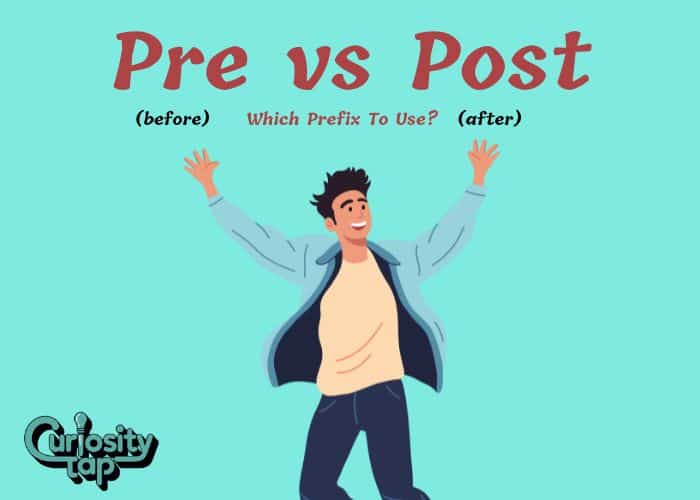Ever second-guessed whether to say “What kind of movies do you like?” or “What kinds of movies do you like?”? You’re not alone.
For English learners, even advanced ones, the difference between “what kind of” and “what kinds of” can feel slippery.
The phrases seem interchangeable, yet grammar rules suggest they’re not. That confusion can lead to hesitation in writing and speaking especially in professional or academic settings.
In this guide, I’ll break down this subtle distinction in clear, practical terms.
You’ll learn when to use each phrase, why it matters, and how to avoid common mistakes all with real examples and quick-reference tips you can apply immediately.
What’s the Difference Between “What Kind of” and “What Kinds of”?
Singular vs Plural: The Key Grammar Rule
The core distinction comes down to number agreement whether you’re referring to one kind or more than one.
- Use what kind of with singular or uncountable nouns.
✅ What kind of music do you like?
✅ What kind of food is this?
- Use what kinds of with plural countable nouns.
✅ What kinds of books do you read?
✅ What kinds of exercises are good for flexibility?
Countable vs Uncountable Nouns
Some nouns are tricky. Words like furniture, information, or advice are uncountable, even if they refer to multiple things.
✅ What kind of advice did she give?
❌ What kinds of advices did she give? (Incorrect, because “advice” is uncountable)

Real-Life Example: A Tale of Two Emails
Let’s say you work in customer service. A client writes:
“Can you tell me what kind of services your agency offers?”
This sounds okay, but your agency offers many services. Grammatically, the plural “services” requires the plural form:
✅ “Can you tell me what kinds of services your agency offers?”
Now, imagine this small misstep across hundreds of emails it might make your communication sound a bit off or less confident. Mastering this rule boosts both clarity and credibility.
Also Read: Booboo The Fool – Its Meaning, Origin And Usage
Common Grammar Pitfalls (And How to Avoid Them)
Using “Kind” When You Mean “Kinds”
People often use what kind of no matter what comes next, even if the noun is plural:
❌ What kind of desserts do they have?
✅ What kinds of desserts do they have?
Tip: If the noun ends in “-s,” double-check it probably needs “kinds of.”
Overthinking It in Casual Speech
In informal conversation, both forms are often used interchangeably. However, in formal writing, the distinction matters more.
🧠 Quick rule:
- Formal writing? Use the correct singular/plural form.
- Casual talk? You’re likely safe with either but correct usage still sounds better.
When to Use “What Kind of” vs “What Kinds of”
| Situation | Correct Phrase | Example Sentence |
|---|---|---|
| One item or uncountable noun | What kind of | What kind of tea do you serve? |
| More than one countable item | What kinds of | What kinds of snacks are available? |
| Uncountable abstract concepts | What kind of | What kind of information did he provide? |
| Plural with clear categories | What kinds of | What kinds of animals live in the rainforest? |
Actionable Checklist: Use the Right Form Every Time
✅ Is the noun singular or uncountable? → Use what kind of
✅ Is the noun plural and countable? → Use what kinds of
✅ Unsure? Try replacing “kind(s)” with “type(s)”—the same rule applies.
Pros & Cons: Is It Worth Obsessing Over?
| Pros of Using the Correct Form | Cons (if ignored) |
|---|---|
| Enhances clarity and precision | May sound unpolished |
| Improves grammar test scores | Could confuse your readers |
| Builds writing confidence | Reflects weak grasp of grammar |
| Boosts professional communication | Makes speech slightly awkward |
FAQs: What People Also Ask
1. Can I use “what kind of” with plural nouns?
Technically, no. “What kind of” is singular and should pair with a singular or uncountable noun. Use “what kinds of” for plural nouns.
2. Is “kinds of” more formal than “kind of”?
Not really. The formality doesn’t depend on “kind” vs “kinds” it’s about grammatical accuracy. Both are equally appropriate in the right context.
3. Can I say “what kind of people” or “what kinds of people”?
Both are acceptable, but they slightly differ in nuance.
- What kind of people = one general category.
- What kinds of people = multiple categories or traits.
4. Are “kind of” and “kinds of” interchangeable in speaking?
In casual speech, yes but for professional or academic use, you should distinguish correctly.
5. What’s the difference between “type of” and “kind of”?
They’re mostly synonymous. The same singular/plural rule applies:
- What type of car…?
- What types of cars…?
6. Why does this grammar rule matter?
Using the right form makes your English more accurate and professional. It’s especially important in exams, business emails, and academic writing.
Conclusion: Speak and Write With Confidence
Mastering the difference between what kind of and what kinds of is a small but mighty step toward polished English. Whether you’re writing an email, taking an exam, or just trying to sound more fluent, this rule helps you express yourself clearly and confidently.
So the next time you’re stuck between kind or kinds, just look at the noun singular or plural and you’ll know exactly what to do.
✅ Practice makes perfect. Bookmark this guide and revisit it whenever in doubt.
Sources
Sources:
- Purdue Online Writing Lab. (2023). Count and Noncount Nouns. https://owl.purdue.edu/owl/general_writing/grammar/count_and_noncount_nouns.html
- Grammarly Blog. (2024). When to Use Kinds of vs Kind of. https://www.grammarly.com/blog/kind-of-kinds-of/
- Cambridge Dictionary. (2023). Kind of vs Kinds of. https://dictionary.cambridge.org/
Read more knowledgeable blogs on Curiosity Tap
Is this article helpful?

Jackson Pearson is a passionate educator and language enthusiast behind the blog Jackson Pearson. With years of experience in teaching and writing, he specializes in simplifying complex grammar rules, breaking down tricky vocabulary, and crafting learning guides that are both engaging and practical. His mission is to help readers boost their English skills whether they’re beginners or brushing up for fluency. Through every article, Jackson brings clarity, structure, and a spark of curiosity to the world of English learning.



